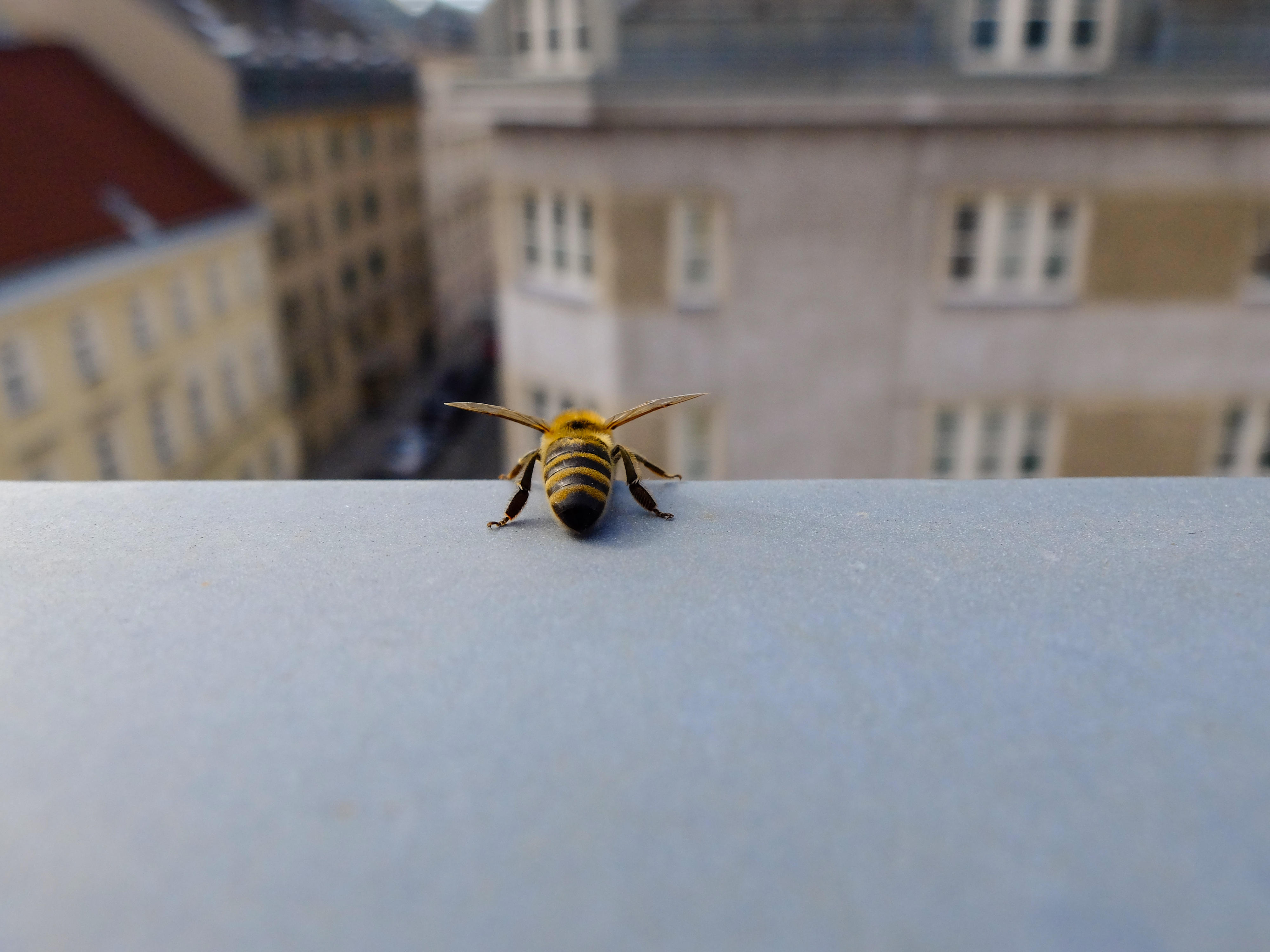Tired of bees? Here are some tips to a bee-free summer
Bees! These cute yet annoying insects like to come out of hiding in early spring, so chances are they're already out and about during these summer months. If you're already scrambling to keep these bumbling little cuties out of your home or garden, then we have a number of safe and humane suggestions for you below.
Before you call your local pest control company, you may be able to take care of the problem yourself. You may be able to save some time (and money) by going the DIY route, although the best pest control companies also have safe methods of removing or relocating bees.
But how exactly do you go about getting rid of bees in an ethical way? Unless you have a friend who is a beekeeper -- in which case, why are you reading this? -- you may be stumped. Here are some easy, breezy bee-removal methods that you can try at home before calling a pest control company.
How to get rid of bees
Most bees tend to be attracted to sweet and sugary things: food, drinks, nectar from flowers, all that good stuff. Your garden may summon honey bees or carpenter bees, the latter of which is likely to nest in nearby trees or wooden structures. So if you have an indoor bee problem, you may want to look around for a hidden carpenter bee nest
Once you suspect a bee infestation in the home, there are a few things you should do right off the bat. Your first task is to make absolutely sure you have bees; other pests like wasps, yellow jackets and hornets look similar to bees and can easily be mistaken for the flighty little yellow guys.
Start by getting to the root of the bee problem
How do you differentiate between bees and other flying insects? If you can observe one of the insects inhabiting your home, look for certain visual signs. Wasps and hornets are typically narrow-waisted and hair-free, while bees are more plump and fuzzy. Wasps are also more brightly colored with distinct yellow bands around their abdomen, while bees may be a less vivid brown or yellowish color. Both hornets and yellow jackets are usually bigger, brighter and more aggressive than bees.
Your next job is to find the source of the problem. A bee infestation might mean a nearby bees' nest: check dark and protected spots like tree hollows, beneath porches, or under eaves. If you don't find a nest -- great! That's one less thing to worry about and you can read on for methods to repel and get rid of bees that can't resist visiting your home or yard during the warm weather.
If you do find a nest, remember to keep a safe distance so as not to rile the insects and risk getting stung. Keep pets and small children clear of the nest. Then consider finding a local beekeeper to come and safely relocate the nest. Bee Culture has a nifty search tool for finding beekeepers across the US, but many states also have an online directory you can check, such as the New York State Beekeeper Club Directory.
Remember, bees are an important part of our ecosystem, so safe removal options should be your top priority.
Household solutions to shooing away bees for good
Want an easy way to get rid of bees with something that's likely in your home right now? One thing bees hate is vinegar, which makes it a good, safe alternative to store-bought or professional-grade chemical deterrents. Consider filling an empty spray bottle with a homemade vinegar solution of equal parts water and vinegar for an instant bee deterrent. Spray this in areas where you frequently see the flying insects to keep them away.
Vinegar isn't the only substance that bees dislike. Lavender oil, citronella oil, olive oil, vegetable oil, lemon and lime are all substances that bees will steer clear of. You can apply these oils like a topical to keep bees away while outside.
A few more easy bee deterrents include peppermint, spearmint, eucalyptus, and thyme. Bees don't like these strong fragrances, so if you have another empty spray bottle lying around, fill it with a mix of one of these herbs and water or essential oils for yet another handy bee-be-gone solution.
Should you call a pest control company for bees?
If you don't want to deal with a bee infestation on your own -- or perhaps you're stuck with an unsightly beehive or nest with no nearby beekeepers to call -- a pest control company can help. Many pest control companies offer harmless bee removal services in addition to more traditional means like chemical treatments, just be sure to ask. Orkin, for example, offers safe relocation services for honey bees.
